BRIDGETOWN, Barbados – The United States Government has cautioned Caribbean countries offering a Citizenship by Investment Programme (CIP) to be extra cautious about who they give their passports to, and ensure that recipients have no terrorist or crime links.
It gave the advice, in a statement issued by the U.S Embassy in Barbados yesterday, even as it made it clear that it was not advising regional countries on whether or not they should offer economic citizenship.
Under the CIP offered by countries like Antigua and Barbuda, St. Kitts and Nevis and Dominica, and recently Saint Lucia, foreign nationals are granted citizenship in exchange for a substantial investment in the country.
“The United States does not approve or disapprove iofndividual aspects of citizenship by investment programmes,” the U.S statement said. “The United States strongly believes that all countries have an inherent responsibility to their citizens and the international community to review fully all applicants who seek a nation’s citizenship.”
“While the United States Government is willing to consult with governments on their citizenship investment programmes, the ultimate decisions to offer and how to operate such a programme, including the issuance of citizenship and related identifying documents, such as passports to applicants, lie with each individual government and not with the United States.”
The US Embassy did not identify any specific country in its statement.
However, there has been concern in Antigua and Barbuda about the government’s recent decision to remove Iraq from the list of countries whose nationals are barred from obtaining citizenship under the twin-island nation’s CIP.
The main opposition United Progressive Party (UPP) is strongly against it. Political leader Harold Lovell said late last month that given the entrenchment of Islamic State in Iraq and Syria (ISIS) in the Middle Eastern country, that move and the decision by the Gaston Browne administration to establish a presence in Iraq, expose Antigua & Barbuda to danger and compromise the integrity of the country’s passport.
Last November, the St. Kitts and Nevis Government announced an immediate suspension of the processing of new CBI applications from citizens and residents of Syria.
The announcement came less than two weeks after ISIS carried out attacks in Paris, and also followed the arrest of Syrian nationals with fake passports in Honduras and St. Maarten, although the government did not publicly identify those developments as contributing to its decision.


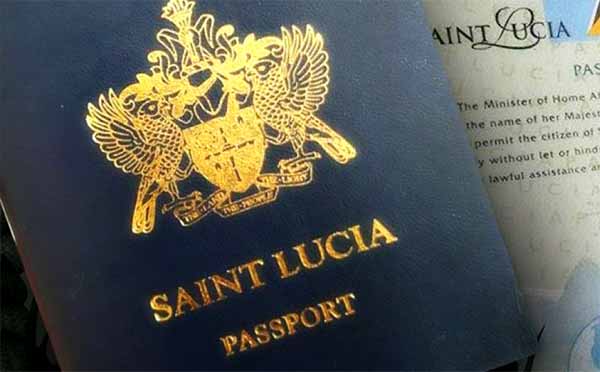



![Amy Stephen [Photo credit: Community Tourism Agency]](https://thevoiceslu.com/wp-content/uploads/2026/01/Amy-Stephen-feat-380x250.jpg)
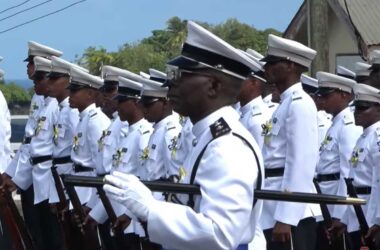



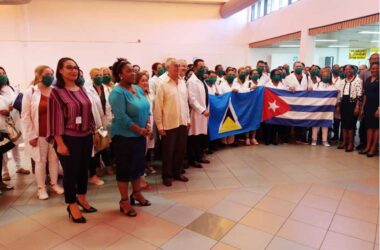

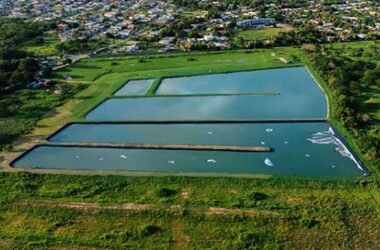
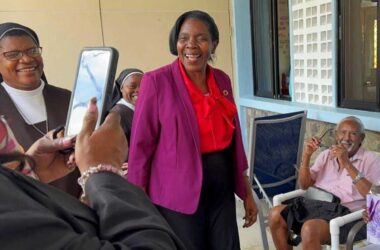
I WOULD LIKE ASK ONE QUESTION WHY IS IT THE government OF ST LUCIA MAKE THINGS SO HARD FOR ST LUCIANS, POOR ST LUCIANS
why everything has to be so difficult and hard for poor people
A PASSPORT AND THEN YOU ASKING FOR ID CARD WHEN SHE HAS REFERENCE LETTER YET YOU ASKING FOR LAWYER LETTERS
COME ON EVERYBODY VOTE UWP